Yates Account
Join now
Create a Yates account today!
Sign up to join the Yates Garden Club for monthly e-mails packed with seasonal inspiration, tips for success & exclusive promotions.
Plus if you’re a Garden Club member you can take part in the Yates Growing Community - a blog to share successes, get advice & win prizes in fun challenges along the way!

Forgot password
Enter the email address associated with your account, and we'll email you a new password.

There are some outsize benefits to be had from growing fresh vegetables at home. Here are our most compelling reasons to consider getting a garden going (even if you’re short on space).
$$$ Savings.
In a tight economy, everyone is looking for ways to cut expenses. It’s obvious that home growing can save you money over time, as you won't need to purchase as many vegetables in your groceries.
Some money-saving methods are straightforward – for example, buying seeds instead of seedlings. Seedlings are convenient and fast, but for value for money, they can’t compare with the number of vegetables a single packet of seed can produce. Some seed varieties can deliver literally hundreds of plants per packet! Seedlings can be a great choice for novice gardeners, but once the trainer wheels are off, seeds deliver the biggest cost benefit.
If you’re looking for cost-effective seed, don’t dismiss hybrids because of the higher packet price. Traditionally gardeners have prioritised open-pollinate ‘old favourite’ varieties, because there are more seeds in the packet. F1 Hybrid seed is generally pricier, due to the increased cost of production. But counter-intuitively, hybrid seed can be a superior choice for the home vegie gardener. In return for the higher price, hybrids have been purpose-bred to deliver more reliable and consistent germination, bigger, faster-growing and tastier plants, higher yields and better stress and disease resistance. In short, you get what you pay for!

For vegies like zucchini, cucumber, chillies and capsicums, you don’t need dozens of plants to produce everything you need. In which case, it makes sense to upgrade to hybrids and reap the extra benefits. The same advice applies if you have limited space – you might as well grow the best plants you can.
For genuine savings, it’s important to keep an eye on the input costs of growing (tools, fertilisers, pesticides etc.). We often joke that it would work out cheaper to just buy the vegies after paying for gardening equipment and supplies, but gardening doesn’t need to be expensive. Yes, you can absolutely save cash if you are careful.
The mindset that works is to only pay for things that make a noticeable difference in your vegie output, like quality slow-release fertilisers or sparingly applied insecticides. For example, there’s an upfront cost with a pump sprayer, but it pays for itself in the long run by allowing you to choose cost-effective concentrates instead of convenience ‘ready to use’ products.
In summary, saving cash in the garden is a balancing act between limiting costs, and maximising yields.

Control and Confidence.
You have complete control over the pesticides and fertilisers used on your own garden. It doesn’t matter which gardening methods you use, from minimum intervention right through to a proactive management style; it’s confidence-inspiring that you’ll know every ingredient that went into your vegies.
Taste.
Homegrown vegetables taste fantastic, mostly because they’re fresh. It’s impossible for store-bought vegies to be as fresh or sweet tasting as the ones you just picked and brought inside!
Here’s some Science™ to prove that fresh tastes better: did you know vegies continue their respiration after they’re picked? Living plants are always busy transforming sunlight into oxygen and glucose (glucose is a simple carbohydrate, AKA sugar). The oxygen and glucose are then combined in a chemical reaction, to make energy to power the plant. Water and carbon dioxide are the waste products left over; the plant breathes them out.
After being harvested, a vegetable or fruit’s supply of fresh oxygen and glucose nutrients from the plant is cut off, but it keeps using up the glucose it contains to keep respiration going. However, it’s the glucose that we humans want to eat, because we also use it for energy to power ourselves. So, if the vegetable has been sitting around for a while after harvest, that glucose content will be depleted.
Key point: it’s the glucose (and related fructose and sucrose) that makes fruit and vegies taste good (as well as adding nutritional value). So basically, fresher = tastier.
Homegrown vegies also taste better because they can fully ripen on the plant, whereas commercial vegies may be picked a little early, so they peak while they’re in the supermarket. Leaving vegies to ripen in their own time boosts the sugar content, for a superior flavour.

Nutritional Value.
Harvesting homegrown vegetables at peak ripeness and eating them immediately maximises the available content of vitamins, minerals, and phytochemical antioxidants. Some important micronutrients, like vitamins C, thiamine and folate are unstable, so from the time a vegie is harvested, they begin to degrade. From time of picking, the clock is ticking!
Because your homegrown vegetables haven’t been spending time in a box, on a truck or in a supermarket chiller, they’ll be more nutritious than supermarket vegies. It’s important to note that supermarket vegies still contain plenty of vitamins, phytochemicals and fibre, but if you want the full potential nutritional value, go for homegrown vegies.
It’s easy to tailor your vegetable garden to suit your dietary preferences, especially if you’re Vegetarian or Vegan. Your vegie garden = your rules: you get to eat everything on the menu.
Variety and Choice
You can choose from a wide variety of vegetable cultivars, including unique and heirloom varieties that aren’t available in supermarkets. This allows you to diversify your diet and try out new flavours.
Alternatively, if you have favourite vegies that feature heavily in your cooking repertoire, you can fine-tune your choice of varieties until you settle on the best one. For example, if you’re a broccoli lover, you can try all the different broccolis to find the one that suits you perfectly.
You have lots of options to suit your space constraints, too; dwarf or mini varieties work really well in a tight spot.

Exercise and Stress Reduction.
Gardening gets you physically moving and reduces stress. Time spent gardening can feel therapeutic and clear your mind. There’s certainly a sense of accomplishment and satisfaction from putting your own vegies on the table. So, it’s not just about the delicious vegetables it delivers; the act of gardening itself can contribute to a healthier, happier lifestyle.
Learning Opportunities.
Growing vegies can be a valuable learning experience for both kids and adults. Gardening gives kids the gift of patience! It’s amazing how many insights into biology and the environment kids pick up from getting under their parents’ feet in the garden.
Manaaki Tāngata.
Sharing your extra vegetables or seedlings with neighbours, friends and whānau goes a long way, for something so easy to do. It’s a thoughtful gesture that people really appreciate.
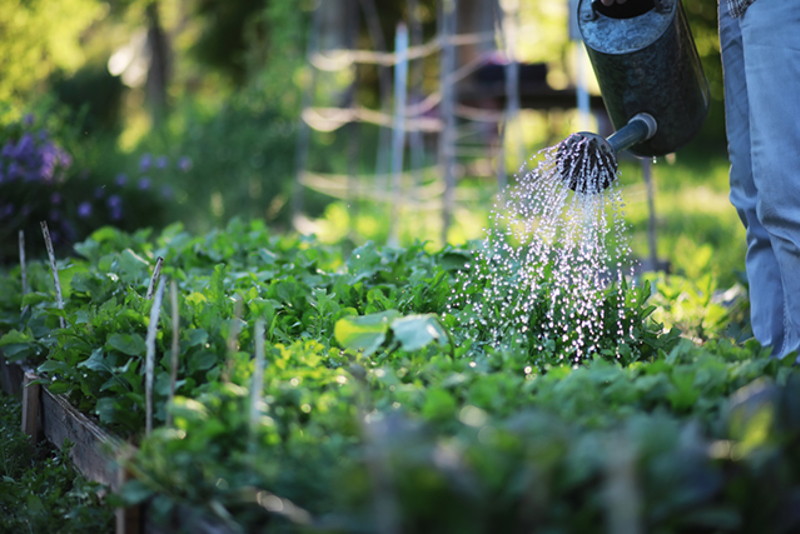
Sustainability.
Growing your own sidesteps the need for freight, refrigeration, and packaging that’s required for store-bought fruit and vegetables.
It also helps you to start composting to recycle organic matter, plus it reduces food waste because you only harvest what you need at the time.
Visual Appeal.
There’s no doubt that an edible garden enhances your outdoor space. Even a messy work-in-progress garden makes an attractive view through the window. It doesn’t matter if your garden space is tiny, bare and neglected, or landscaped to perfection; adding plants is going to make it look more beautiful.
OK, are you convinced? Check out our Beginners Guide to Spring, or How to Grow from Seed for tips on how to get started.




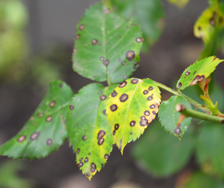
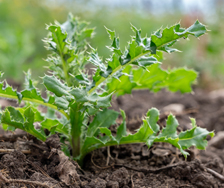
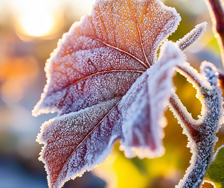
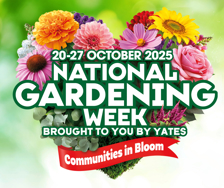









Share
Share this article on social media